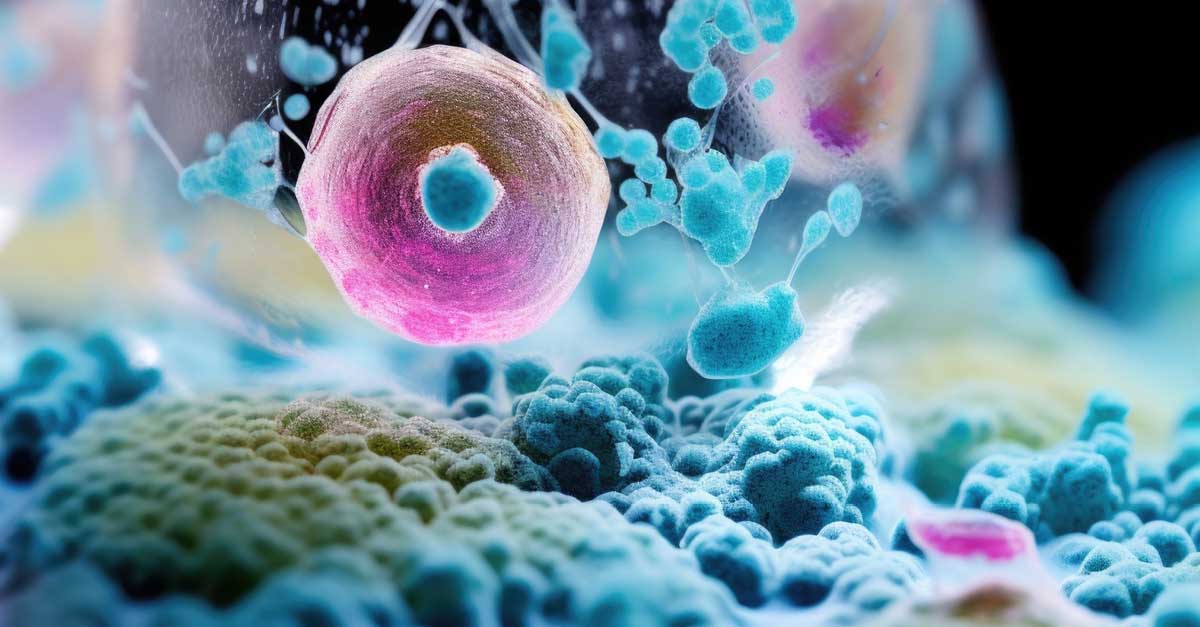Curtis Pinkerton’s Story | Former Pediatric Patient ‘Embraces Each Day as a New Experience’
After a seemingly harmless injury while playing football, Curtis Pinkerton, just 17 years old at the time, visited the emergency department at Conway Regional Medical Center. The on-call physician recommended a precautionary x-ray to assess the damage, but what they found was much more than this teenager ever expected.
A quick review of the x-ray clearly showed something far beyond a simple football injury, and Curtis was quickly transferred to Arkansas Children’s Hospital. “They showed me an x-ray that looked like half of my ribs were gone,” said Curtis. Those images identified a much larger problem as something was clearly obstructing the x-ray. It was these questions that set in motion the follow-up diagnostic testing that would ultimately change Curtis’ life.
After an exhausting list of tests, including x-rays, CT scans, bone scans, an MRI, biopsies, a spinal tap and finally a bone marrow aspirate, Curtis received a diagnosis of large cell immunoblastic lymphoma, a rare type of blood cancer. As a high school senior, Curtis admits his first thought wasn’t his prognosis or even the lasting effects a cancer diagnosis may bring, but instead the fact that “I’m going to be bald.”
To create a course of treatment tailored to his specific diagnosis, the team at Arkansas Children’s Hospital sent Curtis and his family to CARTI. At the time, October 1997, CARTI was still treating pediatric cancer patients. This changed in 2012 when CARTI started treating patients 18 years and older.
Of his first visit to CARTI, he says, “I remember them giving me gifts. I don’t remember if it was for a specific reason or if it was just because they treated kids differently, but I got a baseball glove that I still use to this day.”
He continues, saying, “I just remember the compassion they showed. I was horrified walking in on that first day, but the staff put me at ease and honestly my trips to CARTI became the only ‘comfortable’ part of my entire treatment regime.”
Together with his physician and parents urging, Curtis chose to undergo six months of radiation therapy treatments. He credits his youthful optimism – and his beloved baseball – for helping him get through his treatments.
Now, over 22 years later, Curtis says his entire life has been shaped by that diagnosis and his days at CARTI. “My time at CARTI and my diagnosis as a whole showed me that we all have an expiration date,” said Curtis. “ For some it’s a gentle passing after a long life filled with happiness. For others it’s far too short, or it’s marred by heartache. The trick is you have no idea when that expiration date is, so I try to embrace each day as a new experience, and to let each day stand as its own historical record. What happened yesterday doesn’t define me, each day is a new chance to build and grow, and to be better than I was the day before. “
When he refers to himself as a survivor, he interprets that as meaning “I’ve beaten the odds. It means I refused to let an illness define me and that when faced with death I stood strong and won a battle for my life. The word survivor means a lot of things, but more than anything it means life.”
Over the past 22 years, Curtis has met other cancer survivors, both young and old. To those, and the others who may face their own diagnosis in the future, he says “Hold tight to the ones you love and find strength wherever you can. It’s a long painful battle that often times will seem unwinnable but with strength, determination and the right treatment plan you CAN beat this.”






